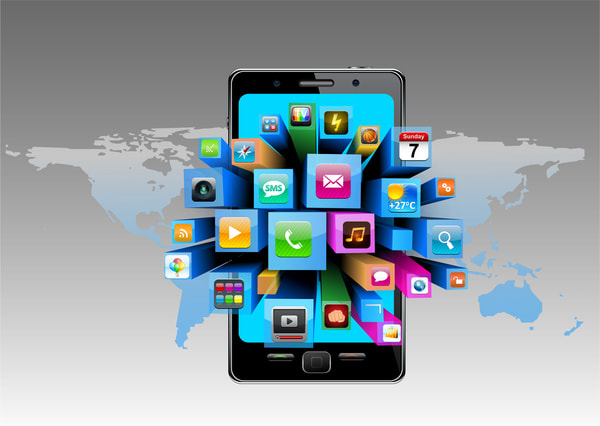|
The current U.S. smartphone market reached 331K total smartphones by the middle of this year. While the market continues to grow, there remains an entire black market that the industry continues to fight against. The OEMs, carriers, insurance providers, resellers, and trade-in companies much continue to evaluate the common practices taking place in the black or underground market. Consumers continue to seek ways to get their devices at a lower cost, which has given even more growth to the secondary device marketplace. The secondary marketplace is where you can go buy a new, used, or refurbished device from a person (private seller) or local shop (Craig's List, Facebook Exchange group, eBay, Pawn Shop, local 'mom and pop' reseller, etc.), an online vendor (Gazelle, Amazon, Gamestop, Bestbuy), and through your manufacturer or carrier. When buying through an individual and or online site (one of the more obscure ones), you are more likely to open the door for problems.
Factory Unlocked Devices or Unlocking of Devices Before factory unlocked devices, there were 3rd parties you could pay to unlock your device and make it "ready" to be used with a given carrier. You could essentially take the SIM card out of your old phone and pop it into your new used phone and have the ability to choose your carrier of choice as opposed to being "locked" into the one carriers. Keeping in mind, not all unlocked phones work with your carrier of choice and many came with other issues and problems that made it more of a hassle. Consumers would pay for this service, before the carriers and the OEMs began offering the factory unlocked devices into the marketplace. Today, carriers offer factory unlocked devices. This means you can buy a Verizon phone and possibly use that phone on a Sprint network. The carriers actually have customer service representatives that can help answer questions about which models will work and the steps needed for a seamless experience. Sprint and Verizon use a CDMA network while T-Mobile and AT&T use GSM. Because not all phones will work on another carrier's network (due to network technology, versions, etc.), it is always best to call the carrier or look up the list of approved devices on their website. Stolen and Black Market Phones The market also put measures in place to help protect consumers and devices that were stolen or made available in the black market. If a user purchases a stolen phone from someone on Craig's List or other private seller market, buyer beware. Many of these secondary market devices are at risk of being included on the "blacklist" that carriers are responsible for blocking. This is done by performing a database search for the IMEI (International Mobile Equipment Identity) or ESN, and if the IMEI/ESN on the purchased device is included on the list of devices that are stolen or still on a device payment plan, then the carrier is responsible for blocking all calls and services. According to Kim Komando, "You can check to see if a phone has been reported as lost or stolen. Follow the instructions from the free international IMEI blacklist checker." However, hackers will always have the upper hand. In these cases, you can pay up to $100 for example to have a 3rd party go out and assign a new IMEI to your device (both Apple and Android), therefore giving it a clean IMEI to be used with the carrier. These 3rd party hackers guarantee their services as well. PLEASE NOTE, changing an IMEI number is illegal. Essentially the hacker remotely takes access of your smartphone and downloads the operating system, performs the magic and replaces the IMEI with a working one. Also, these hackers are able to get into cloud accounts and even password protected smartphones. For more information about protecting your smartphone, contact your carrier. 9/27/2017 07:20:31 am
Very nice post, leading smarphone companies should have a say in this issue.
When we think of the black market, we often imagine a dark alley filled with rusty garbage cans, rain puddles and a shadowy figure lurking in the corner. While this may be the setting for many illegal activities, black markets are alive and kicking in all corners of the world, sometimes in plain view. And they are big business, accounting for a significant portion of the world's economic activity.
When we think of the black market, we often imagine a dark alley filled with rusty garbage cans, rain puddles and a shadowy figure lurking in the corner. While this may be the setting for many illegal activities, black markets are alive and kicking in all corners of the world, sometimes in plain view. And they are big business, accounting for a significant portion of the world's economic activity. Comments are closed.
|
Inside MobileCovering hot topics in the industry, new research, trends, and event coverage. Categories
All
|


 RSS Feed
RSS Feed
